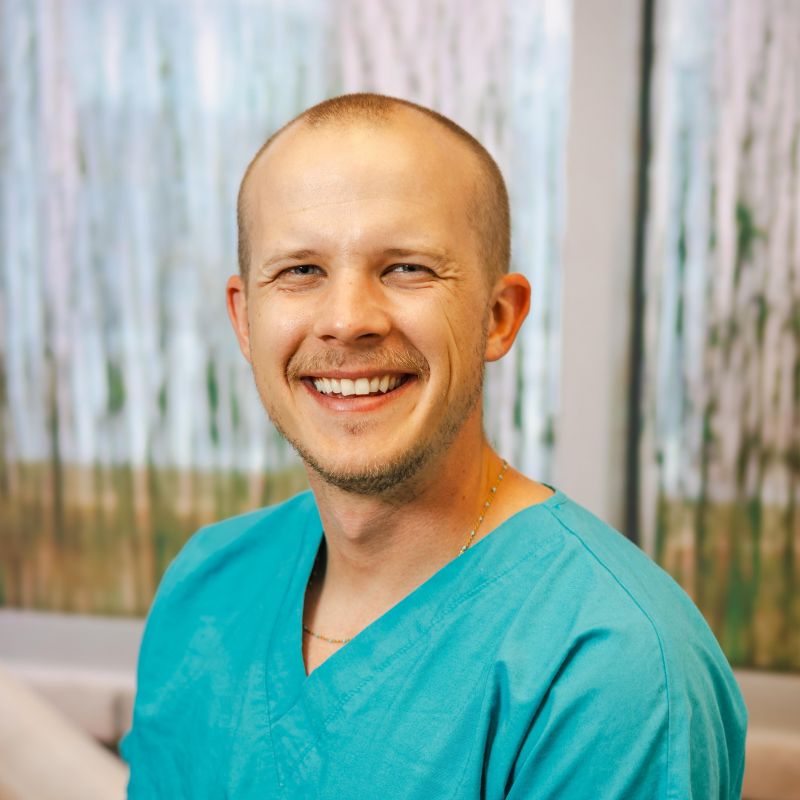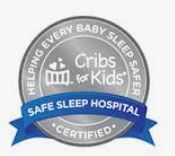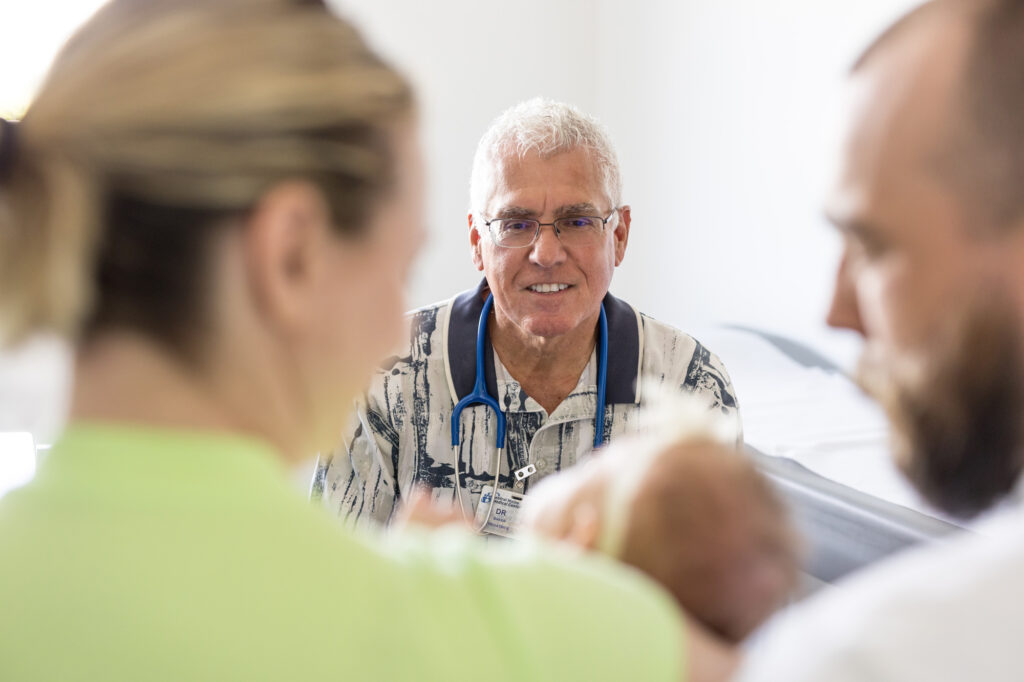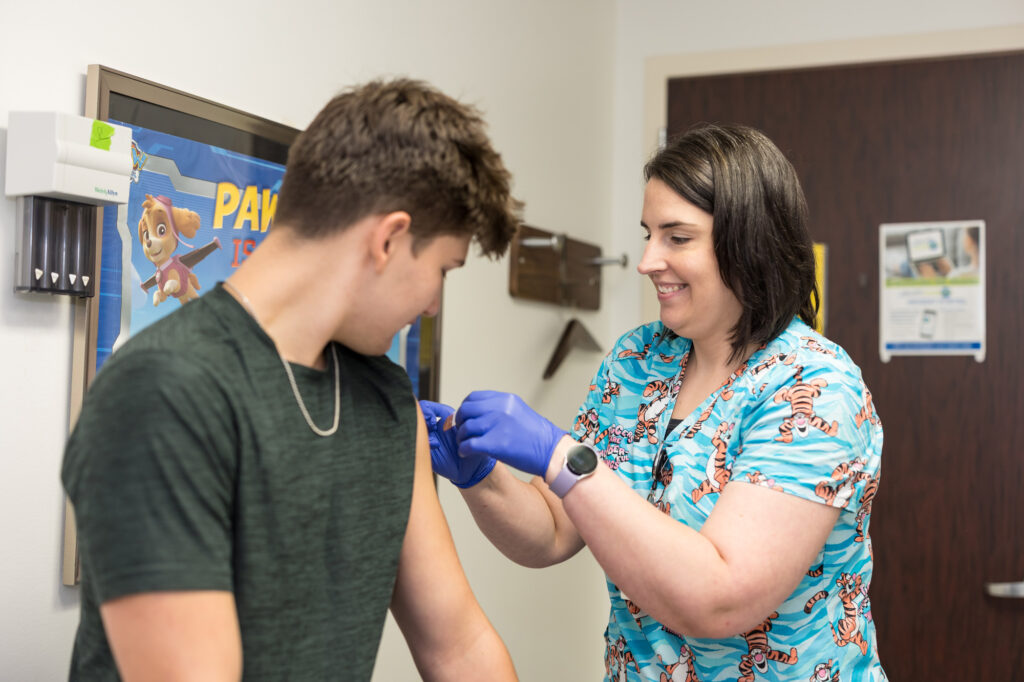
“The team delivered four healthy, happy babies, the most precious gifts that I have ever received. I could never thank them enough!
Women’s Health services | Breast Health | Maternity Care | Pediatrics
Women of all ages have unique health and medical needs, which is why Central Maine Healthcare has spent decades building services, treatment, education programs and facilities specifically for the care of women.
We have made every effort to make our women’s health services seamless and easily accessible because we know how hectic life can be. In addition to providing convenient, high-quality care, we also empower women to take control of their own health from the reproductive years to midlife and beyond.
From performing routine physicals to relieving symptoms of menopause or performing the latest diagnostic breast screenings, our women’s health specialists take a holistic yet personal approach, considering each woman’s lifestyle and needs in tailoring care. Our professionals are not only well qualified, but also equipped with skill and compassion to make the experience of getting healthy as good as the care itself.
Meet our providers
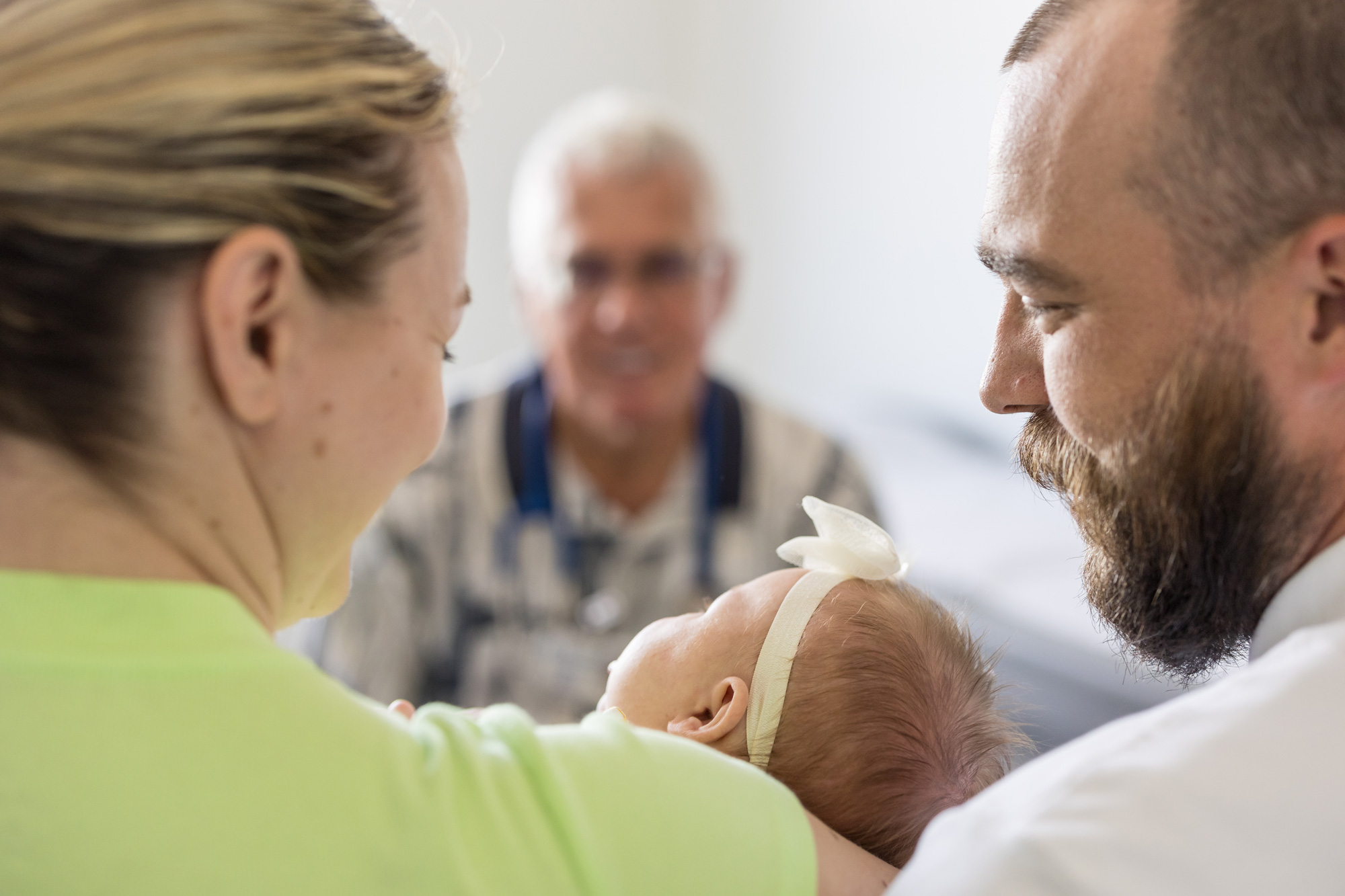
Baby Lena’s story
“Kim and Ben were looking forward to the birth of their second child. Everything had gone well during the birth of their son two years earlier, so they figured this delivery would be similar. When the unthinkable happened, they were thankful to have the care team at CMMC by their side” Read More…





















